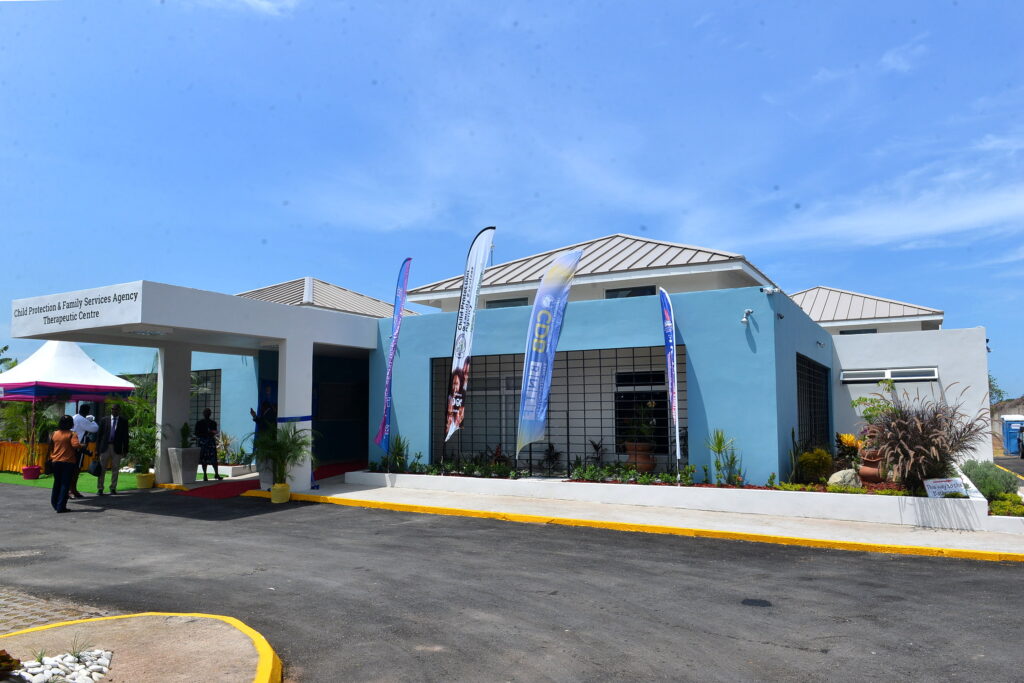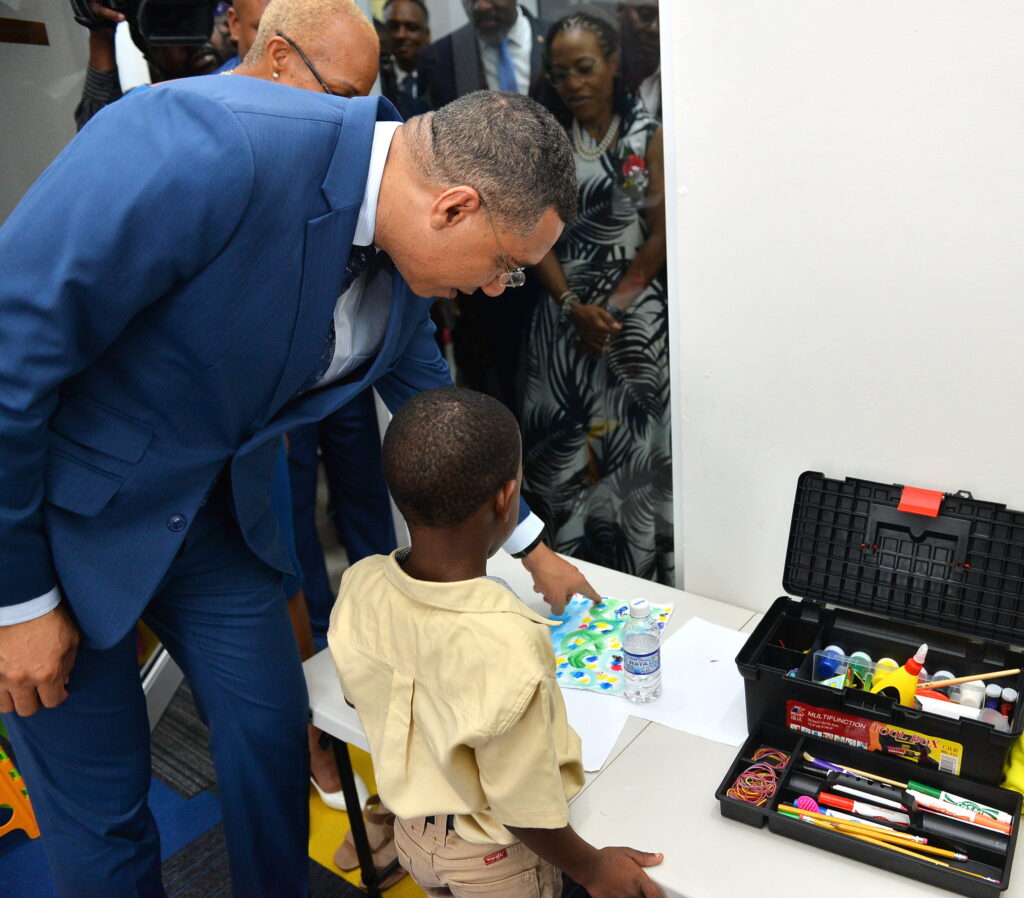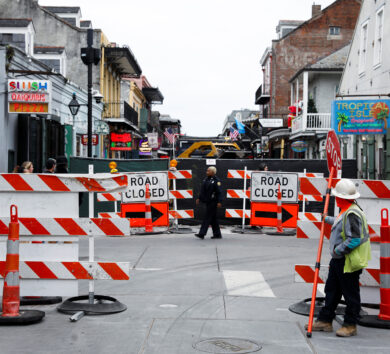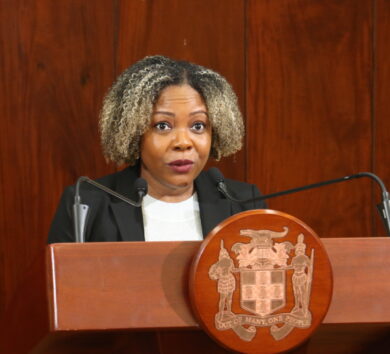

A J$200-million state-of-the-art therapeutic centre, which will cater to the needs of children in State care, aged 12 to 18, was officially opened at the Maxfield Park Children’s Home in St Andrew on Thursday (June 29).
The Child Protection and Family Services Agency (CPFSA) Therapeutic Centre, which is the first of its kind in the English-speaking Caribbean, was formally handed over by Prime Minister, Andrew Holness, during a ceremony at the Home on Maxfield Avenue in St Andrew.
The project was managed by the Jamaica Social Investment Fund (JSIF) and financed by the Government of Jamaica and Caribbean Development Bank (CDB) through the institution’s Basic Needs Trust Fund (BNTF).
Of the $200 million, the Government provided $85.8 million and the CDB, through the BNTF, spent $116.2 million.
In addition to therapeutic services, the Centre will facilitate programmes specifically designed to curtail the cycle of abuse and violence against children across parishes.
Prime Minister Holness said the Centre will facilitate medical treatment, social intervention guidance and psychological support for victims of child abuse.

He said the overall project will benefit 4,400 youngsters in State care, inclusive of children’s homes and places of safety, as well as those in foster care and family reintegration programmes, and others in need of psychological and mental interventions.
Additionally, the Prime Minister said the project will benefit 16,000 children and their families, who will access the services of the CPFSA on an annual basis.
Holness noted that the facility will assist in improving access to mental health services for children.
He informed that a 2021 Caribbean Policy Research Institute (CAPRI) study estimated that only eight per cent of the needs of Jamaican children who are able to access mental health services were being met.
“We are way behind in this area. So this [therapeutic centre opening] is even more important. What we’re doing here is of great significance,” the Prime Minister said.
He stated that most mental health disorders afflicting adults have their genesis in childhood and adolescence events.
“That is something that Jamaicans have not come to terms with. You would be surprised to know the resentment/aggression that is still tied up in our domestic and interpersonal relationships, particularly between parents and their children… relatives, and it consumes us as a society because we haven’t fleshed it out,” Holness said.

Consequently, he emphasised that this issue must be addressed to reduce the general level of social violence and abuse in the society.
“Direct investments and efforts towards treatment and support in the early stages of brain development will redound to enhanced educational achievements, more positive adult outcomes and, ultimately, boost national development,” the Prime Minister stated.
Holness said there is currently no facility for delivering effective screening, assessment and therapeutic treatment for children who are exhibiting behavioural challenges.
“Thus, there [is] a gap in the diagnosis of children as the State [is] unable to effectively screen, assess and diagnose [those] children. This therapeutic centre is important. But we have far more to do as a Government and as a people, because addressing this serious problem is a matter both for the State and for the people, for the households, for the citizens, for the community groups, [and] for civil society,” he said.
Holness added that the Government is working on the legislative framework for children in need of care and protection. These include amendments to Section 24 of the Child Care and Protection Act.
In his remarks, Portfolio Manager, BNTF, George Yearwood, said the facility, which was undertaken through a collaborative approach, will provide support for thousands of Jamaicans who are in need.
He said the partnership represents an investment in the future of children, adding that he is anticipating the impact that it will have on their lives.
The CPFSA staff will also benefit from a series of training programmes. These include 27 social workers, and 161 caregivers from 48 children’s homes, who will be trained in skills to equip them for the workplace.







Comments